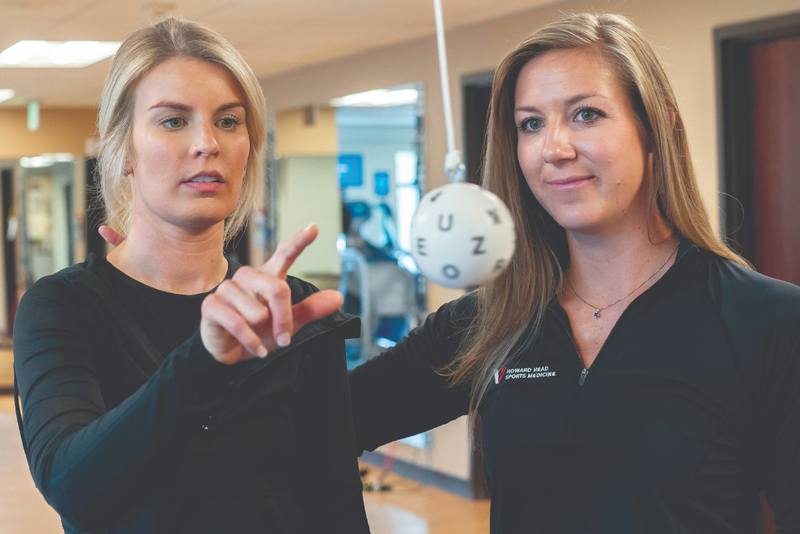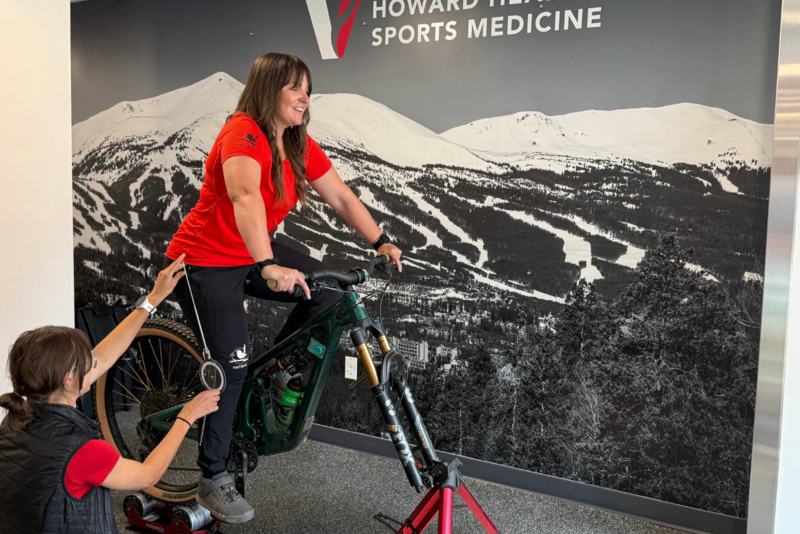News
Nutrition for Concussion Recovery: Fueling the Brain
Kamerin Hargrove
January 06, 2025

Post-concussion, the brain needs rest, pain relief, hydration and proper nutrition. While recovery from a concussion is dynamic, eating the right nutrients can accelerate recovery times and help relieve post-injury brain fog.
The brain uses 20% of your daily calories for energy, and after a concussion, this can increase to 40%. Since symptoms like nausea and a reduced appetite are common, focusing on small, frequent meals and calorie-dense foods is essential.
The following are key nutrients for recovery:
- Carbohydrates are the brain’s primary energy source. Opt for whole grains, legumes, and starchy vegetables like sweet potatoes and oats.
- Proteins are vital for tissue repair and reducing inflammation. Be sure to include lean meats, fish, beans, and nuts in your diet.
- Fats (Omega-3s) are important for cognitive function and inflammation reduction. Incorporate fatty fish (like salmon), walnuts, and avocados, and consider Omega-3 supplements (1,000–2,000 mg/day, with 400–500 mg of DHA).
- Fluids and electrolytes help your body stay hydrated to manage symptoms like fatigue and headaches. Drink plenty of water and low-sugar electrolyte drinks. Smoothies or shakes can be hydrating and are also an easy way to get extra calories.
- Antioxidants in foods like berries, cherries, and turmeric can help manage inflammation and promote healing.
- Supplements may also be helpful. Creatine can help reduce dizziness, headaches, and fatigue, and can also improve cognition. A daily dose of 20g (short-term) followed by 3-5g is effective.
More News
-
More

Howard Head physical therapist headed to Milano Cortina with U.S. Snowboard Cross Team
When Vail Health Howard Head Sports Medicine physical therapist Helen Bradley learned she was headed to the Winter...
-
More

Eagle physical therapist joins the U.S. Air Force’s 9G club
Eagle resident Devyn Kammert, a physical therapist with Howard Head Sports Medicine,
-
More

Optimize Your Ride: What Is a Medical Bike Fit and Why It Matters
Whether you're a weekend warrior, daily commuter or competitive cyclist, comfort and performance on your bike are...





